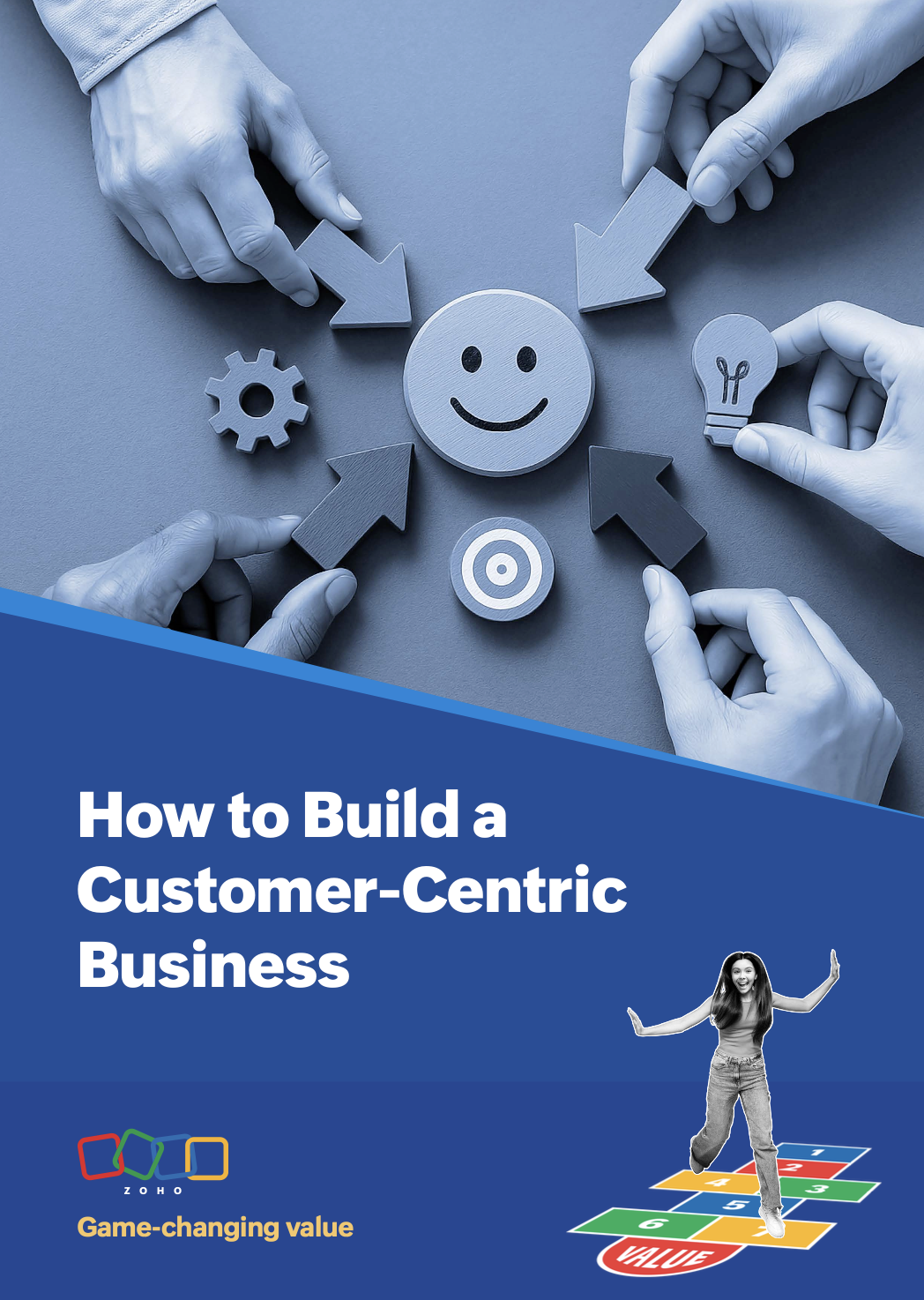
We’ve all heard of shoppable content.
In 2022, more and more social media channels are adapting to allow brands to post their own creative shoppable content.
So, of course, we began to wonder… Who did it best?
Let’s find out!
What is shoppable content?
Most of us are no stranger to shopping online. But while e-commerce, the more traditional channel for shopping online, refers to shopping through a company website or app, social commerce enables customers to purchase products from within their social media experience.
Simply put, shoppable content refers to any content on social media that allows customers to purchase products whilst simultaneously experiencing the brand’s organic content.
What is the benefit of shoppable content?
We’ve spoken before about consumer purchasing journeys, but the goal of brands should always be to grow and to gain and retain customers. For this to happen, the consumer’s purchasing journey should be as streamlined as possible.
Shoppable content allows brands to introduce who they are and what they can provide to their target audience and encourage customers to buy their products all within an extremely short amount of time.
The more convenient it is for customers to buy your products, the more sales you are likely to make.
While shorter, or more streamlined, consumer purchasing journeys are important, they put more emphasis on each stage. When there are less stages of the consumer purchasing journey, each stage has to be very carefully optimised to promote a sale.
With shoppable content, your social media presence isn’t just your brand personality, its also your storefront.
That’s why choosing the right social media platform to post your shoppable content on is essential.
But first, because we can, lets start off with the platform that has the most work to do to improve their shoppable content features…
Pinterest is a platform with a lot of untapped potential, partially because the platform is designed specifically for users and brands to post organic content that links away to their site.
With that being said, the platform’s shoppable content features can be problematic.
First of all, it still isn’t possible for users to purchase directly in the app. Instead, the content can be linked directly to the product page.
This may not seem like too much of a downside as Pinterest is created to be used in this way, but there’s another issue…
When users search for an item, such as handbags, they see the results of thousands of images from across the site.
This means that, if your brand’s shoppable content is showing in search, it is surrounded by so much competition that it can be a challenge for the product to stand out on its own.
When it comes to shoppable content platforms, there are many who do it right. But who does it best?
Did you know that around 60% of Instagram users use the app to find new products?
With Instagram Shops, brands can easily showcase their products in their photos and videos, allowing customers to purchase products easily, resulting in more streamlined customer purchasing journeys.
Every day, more and more brands are finding more customers through Instagram Shops. Will you be one of them?
If you’re looking to take your social media campaigns to the next level or are wondering how shoppable content can work for your brand, get in touch us at One Day Agency.







